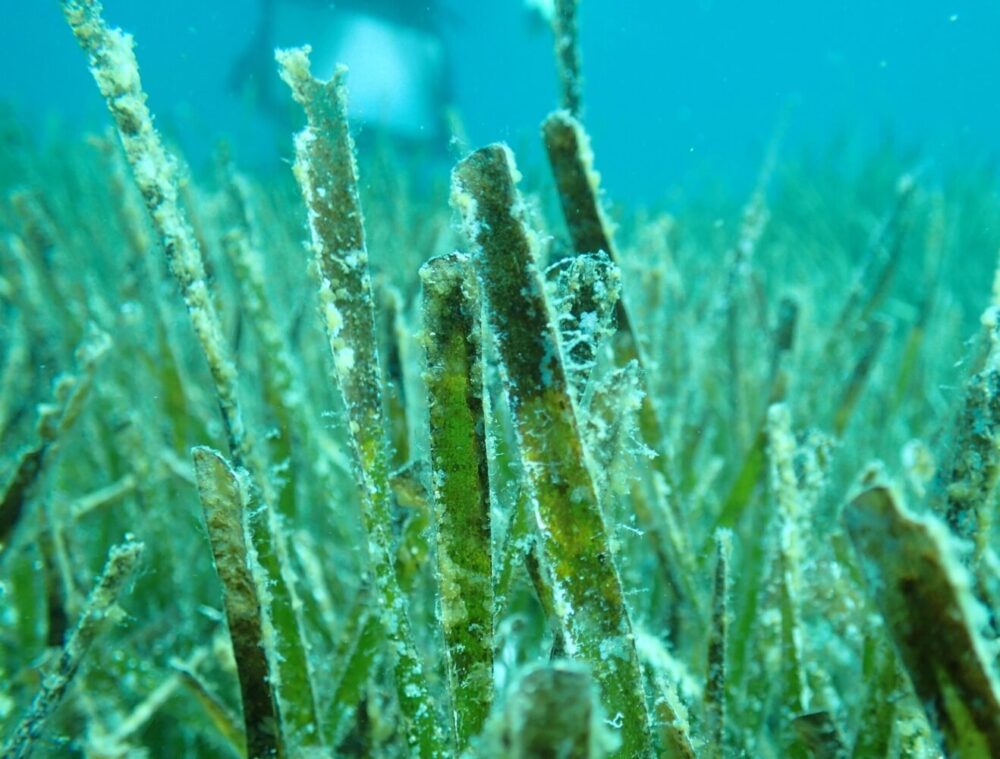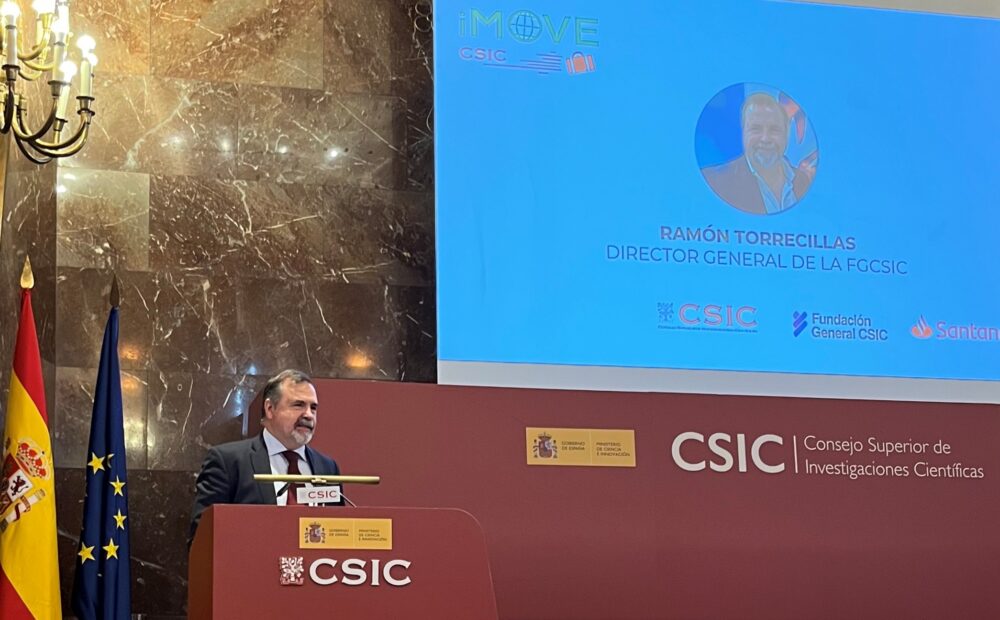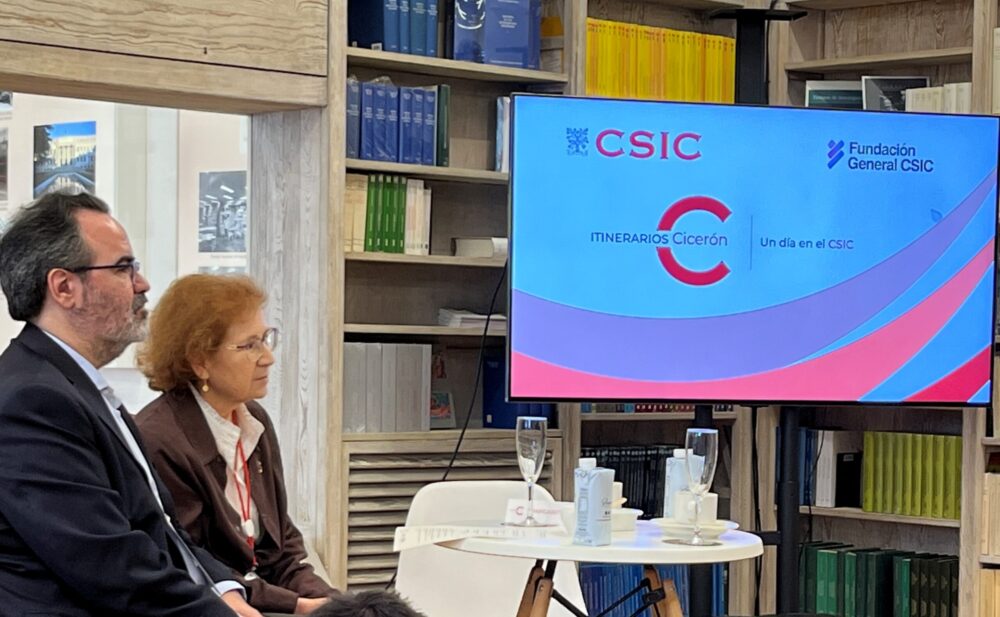The Mediterranean Institute for Advanced Studies (IMEDEA, CSIC-UIB), Fundación General CSIC and Grupo Iberostar, through Fundación Iberostar, present the PosiGenome project, which aims to study and unravel the complete genome of the Posidonia oceanica, the emblematic species of Mediterranean coastal ecosystems. The study aims to sequence the genome of this phanerogamous plant, through the application of modern sequencing technologies, with the aim of achieving greater protection and preservation of the species.
PosiGenome aims to lay the foundations for the genomics of the Posidonia oceanica, thus facilitating future genetic studies in a similar way to the genetic advances obtained by the human genome project. Specifically, a high quality and accurate reference genome will be constructed to identify, annotate and study the genes and other functional elements involved in different basic mechanisms of the plant’s biology. In this way, the processes of germination, flowering, photosynthesis, cell division, cell wall elongation, branching and adaptation to the marine environment will be better understood. Similarly, with the study of their genetics, this research will make it possible to analyse and compare the genetic variability of the different Mediterranean grasslands in their entirety, providing new knowledge about their evolutionary history.
This initiative is vital to identify whether there are populations of Posidonia oceanica that are more resistant than others, which are the most vulnerable and to understand how the different variants react to certain environmental conditions. All this will make it possible to implement specific conservation plans for each area, as well as the regeneration of the meadows through the genetic selection of seeds with more specific characteristics for each Mediterranean region.

The role of Posidonia in our seas
The Posidonia oceanica plays a fundamental role as a habitat generator in the Mediterranean. Its presence affects oxygen production, is a net carbon fixer, influences sediment dynamics and provides refuge for numerous organisms vital to the preservation of marine health.
Determining its genome has implications for addressing fundamental questions in the field of comparative biology, genetics and biodiversity conservation. The results of the research will be like the molecular “instruction book” that will define the shape of the organism, so that it can function and reproduce. Decoding it literally opens up a whole world of possibilities for understanding its biology and analysing the factors that determine its survival.
So far, genetic studies carried out on this organism have been very limited, due to the absence of a reference genome such as the one we intend to study. The urgency of this study is, nowadays, more noticeable due to the imminent climate change and other impacts that come from activities related to human action, which affect the quality of life of marine organisms and the health of our coasts.
Scientific details and research timeline
The aim of PosiGenome is to assemble the continuous sequence of each of the 20 chromosomes that the Posidonia oceanica possesses in order to promote a paradigm shift in the quantity, quality and magnitude of genetic studies applied to its management and conservation.
After the official presentation of the project, in November 2021, the research team will collect samples of Posidonia oceanica on the Balearic coasts. From then on, the research will begin and will last until 2024. The whole process will be accompanied by experimental workshops for schools that will explain the history of the Posidonia and contribute to the dissemination of knowledge about this key species for the health of Mediterranean ecosystems.








